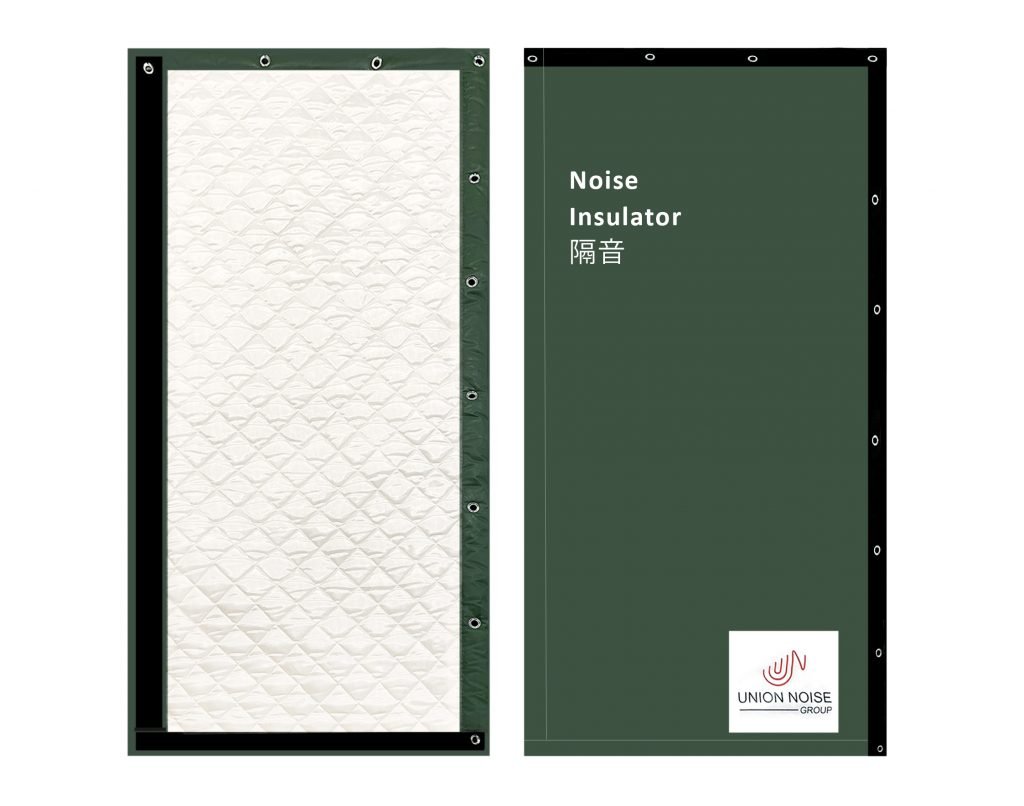Noise pollution is an increasing problem in today’s society. It can be found everywhere, from busy city streets to outdoor concerts. While most people think of noise as an annoyance, it can actually have a serious impact on your daily life.
It’s hard to believe that something as seemingly innocuous as noise pollution can have such a negative impact on our day-to-day lives. But the fact is, noise pollution can affect everything from how well we sleep to how stressed we feel.

Here are some of the ways noise pollution affects normal life, which is trying to be alleviated by using noise barriers.
1. Hearing loss.
The most obvious effect of noise pollution is noise-induced hearing loss. Any noise above 85 decibels (dB; a measurement of sound intensity) can damage hearing. Everyday life is full of noise above 85 dB: a gas lawn mower (91 dB), hair dryer (94 dB), headphones turned too loud (100 dB), and a plane takeoff (120 dB) are just a few commonplace noise sources that can damage your hearing.
At 85 dB, hearing damage occurs after about 8 hours of exposure, but at 91 dB — only a 6-dB increase — damage occurs after about 2 hours. In addition to causing hearing loss, noise pollution can also lead to other health problems such as high blood pressure, heart disease, and stress. It can also interfere with sleep, work, and school performance.
Given the many negative effects of noise pollution, it is important to take steps to reduce exposure to loud noises when possible. Wearing earplugs or earmuffs when exposed to loud noises is one way to protect your hearing, and avoiding noisy places when possible is another. By taking these precautions, you can help to reduce your risk of Noise-Induced Hearing Loss and other health problems associated with noise pollution.
2. Reduced cognitive performance.
While the link between noise pollution and cognitive performance in children has been well established, the underlying mechanisms are not fully understood. One theory is that noise pollution leads to increased stress levels, which can interfere with attention and memory. Another possibility is that noise pollution disrupts the normal development of the auditory system, making it more difficult for children to process speech and other sounds. Whatever the mechanism, the evidence is clear that exposure to environmental noise pollution can have a significant impact on learning outcomes in children. This is yet another reason why we need to do more to reduce noise pollution in our communities.
3. Mental and emotional stress.
A study in the Journal of Sound and Vibration found that those in homes exposed to road traffic on one side experienced annoyance and a reduction in daytime relaxation and psychological well-being. The study found that the effects were reduced significantly if residents moved to the side of the home not exposed to the road-traffic noise. The study concluded that road-traffic noise has a negative impact on people’s well-being, but that moving to the side of the home not exposed to the noise can reduce those effects.
Using noise barriers to mitigate the effects of noise pollution is becoming a popular solution among residential, commercial, and industrial establishments. Noise barriers can either deflect or absorb soundwaves (or both), which help reduce the discomfort brought by noise, and allow for a more liveable environment for the long term.
Hebei Jinbiao is a leading company in Noise Barrier products and Fencing products in Singapore. We guarantee to provide you with the most high-quality Noise Barrier and Fencing products along with our dedicated assistance. Do not hesitate to contact us. We are looking forward to helping you solve your noise issues, safety issues and protecting you from noise pollution as well as ensuring your safety.

How to Maintain the Effectiveness of Noise Barrier Sheets
[…] sheets, also known as acoustic barriers, have become an essential part of modern infrastructure in reducing noise pollution. To ensure that noise barrier sheets are effective in reducing sound, it is essential to care for […]